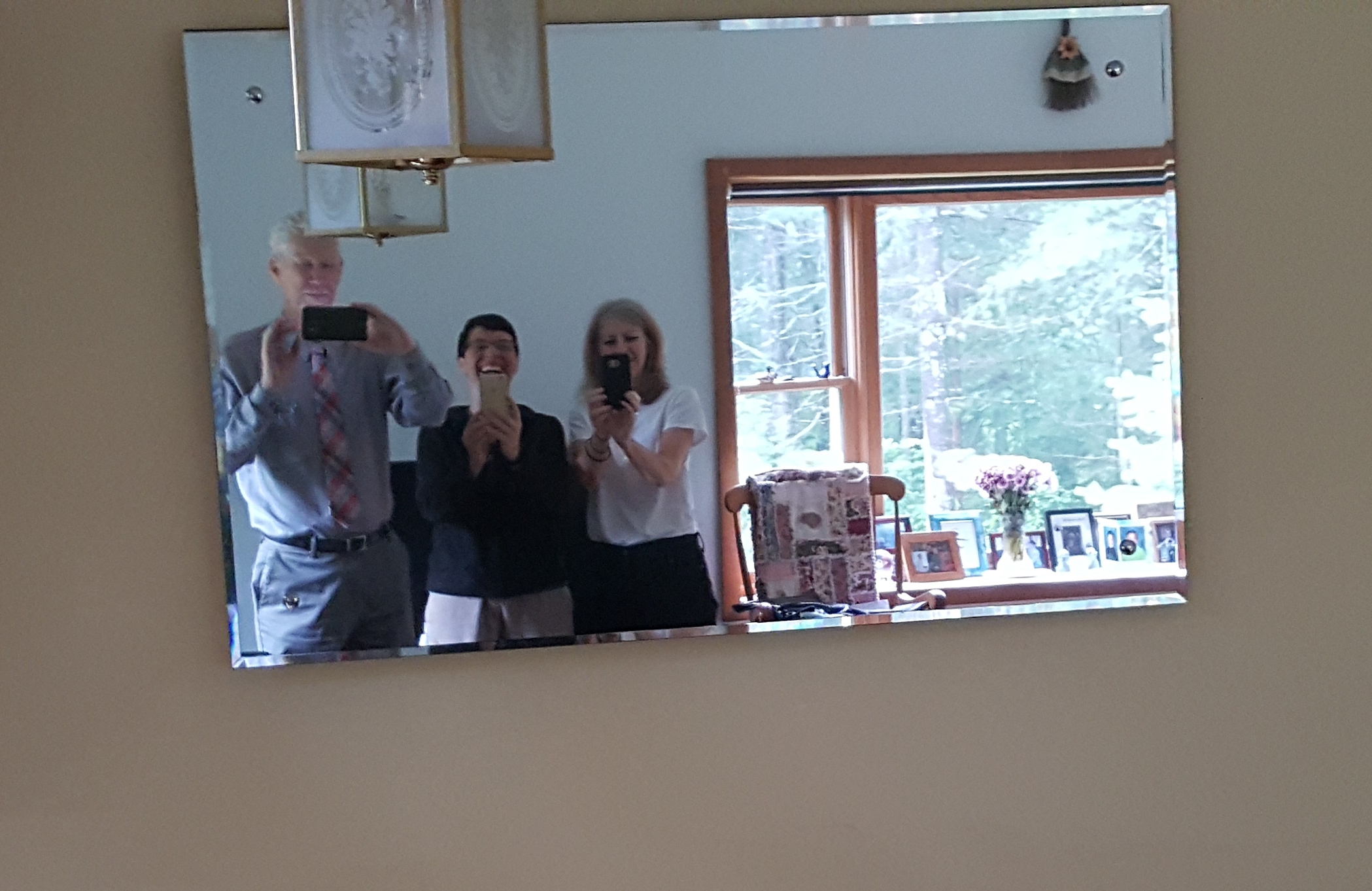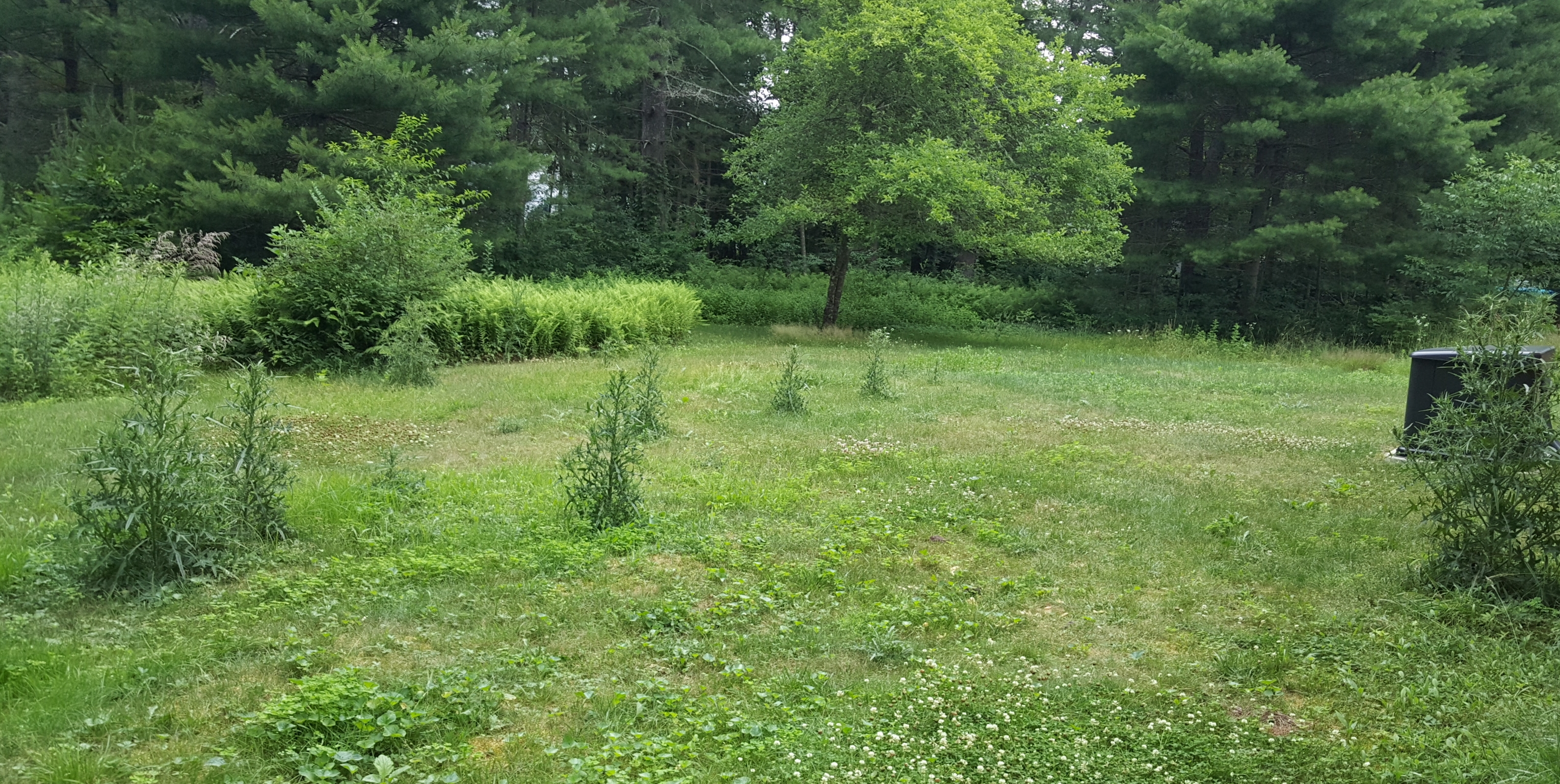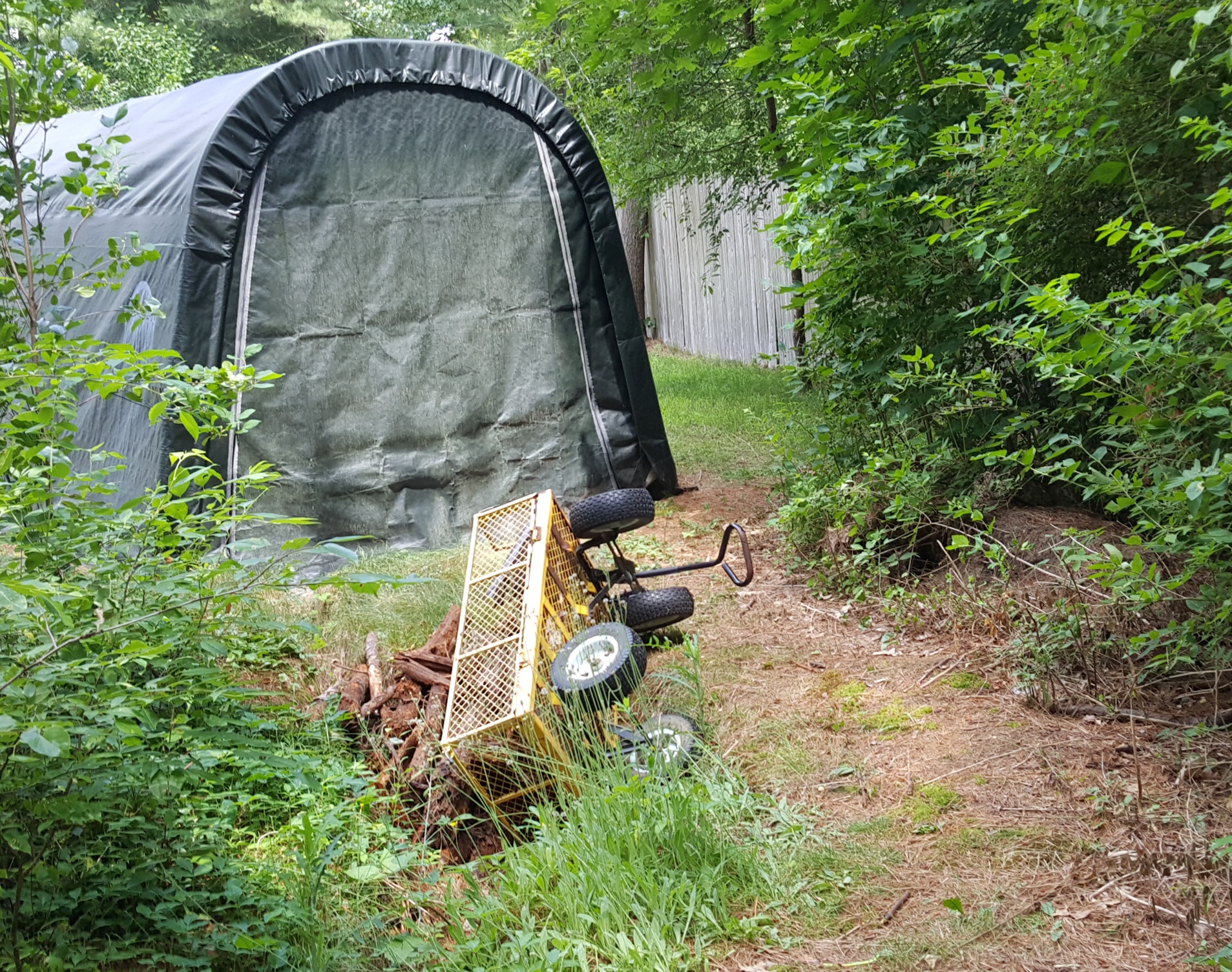Welcome to the Wakefield Doctrine (the theory of clarks, scotts and rogers)
Before I move too far beyond last night’s Wakefield Doctrine call-in, let me try and, at least, preserve the structure, if not the insights, uncovered by Denise, Cynthia and YHN.*
To the topic: How best to acquire and develop a fluency in the language of ‘the other two’ worldviews.
New Readers: The Wakefield Doctrine holds that we, all of us, live in one of three personal realities:
- the reality of the Outsider(clarks) Those who seek to understand life by flyers retrieved from trash bins in the parking lot of the local shopping mall, advertisements in magazines on the pages three further back than the last ‘(cont’d on Page 35)’ and the obvious, (to us, at any rate), subtexts of time-honored fairy tales, zen koans and religious parables. clarks are kinda all around you, but aren’t big on being noticeable.
- the world of the Predator(scotts) If you want something done right away, (and quality of the finish is not paramount), get yourself a scott. Their motto, (not that they would spend too much time trying to create one, but, that being said, get it, (the motto, not the Scott), embroidered on a jacket and they will wear it down to the liner. Think: wolves, lions and the Tasmanian Devil (of Warner Brothers fame). If that hint makes you think of: police, exotic dancers, high wire performers, waitresses that are, without resorting to anything illegal, putting three kids through private school, surgeons and/or boy’s gym teacher… check in with us down in the comments. You have the kind of mind we’re always on the lookout for.
- the life of the Herd Member(roger) Precise and meticulous, gossipy and vain. If the people who live the life of a Herd Member did not demonstrate these traits, I would not: get on an airplane, refuse to trust refrigerated chicken salad and have anything read that was enjoyable but pointless.
The thing about the three personal realities is that a) they are realities and 2) what other systems call personality types, we call: “Hey! Try growing up from infancy in the world of (Outsider/Predator/Herd Member and see what kinds of quirks, strengths and peccadilloes cover you like dandruff in a blacklight factory.” We’re all just trying to live life. However, it is the height of nativity** to think that the social strategies and tactics that result in success when living in the shadows, (as a clark) will do anything good while roaming the savannah, (as a Predator), looking for a place to get a drink of water. The critical thing to remember: each of the three personal realities of the Wakefield Doctrine, (aka predominant worldviews), are real to the person experiencing it. The goal and the benefit of the Doctrine lies in understanding and accepting the fact of these three personal realities. Appreciating how, (differently), the other person might be experiencing a shared situation is the secret to understanding them.
Note: we are born with the potential for any of the three. We all settle into one, (and only one), in our earliest lives. We never lose the capacity to experience the world as do ‘the other two’. (Try thinking of it this way: you just got born, you’re on a plane and it flies over three countries. You grow up and speak the language of the country the plane lands in.)
We, as students of the Wakefield Doctrine, are in a language class.
So, Cynthia, she be saying, “Language is easier to acquire when you’re young and not particularly concerned with the rules of grammar or how silly you sound when you pronounce ‘Parlez vous, francais’, as: “Parly vu huma huma’***
“Children,” she continued, “tend to listen and listen, imitate the sounds and then, at a certain point, put things together and speak the language. Not burdened by grammar or rules of rhetoric, they just do it.”
This so makes sense. Unfortunately, Cynthia went on to infer that the older a person gets, the more difficult it becomes to acquire a new language.
Luckily for us, Denise chimed in with, ‘Those rogers are so obvious with their anything-for-a-reaction’ responses to an ordinary social interaction. Plus, they always recognize their own and that serves to increase the pressure on our hypothetical language student. At least there’s no shortage of people speaking it around us.”
Hey! YHN here. This is too big a topic for one post. Lets continue it later. Comments will be appreciated. And, New Readers? Remember: ‘There are no stupid questions. Only your questions.’
* Your Humble Narrator … that kinda gets a certain post-Elizabethan vibe I’ve always been partial to, this sensibility a bit heighten by comments exchanged with a participant (The Vintage Toy Advertiser) over at the Six Sentence Story bloghop. I found cause to reference a character from a Michael Moorcock book from back in the the (The Dancers at the End of Time).
** minor rogerian expression… ha ha
*** old person warning: Cheech and Chong joke from the ’70s
music vid…cause I usually get a song in my head when writing and the best way to avoid ear worms is to play it (to replace the previous song)
anyway, here’s one of my favorite music vids for the view of a different time. If you’re old enough to have enjoyed the movie ‘Spinal Tap’ but not old enough to appreciate how different concerts were, back in the day vidi this






